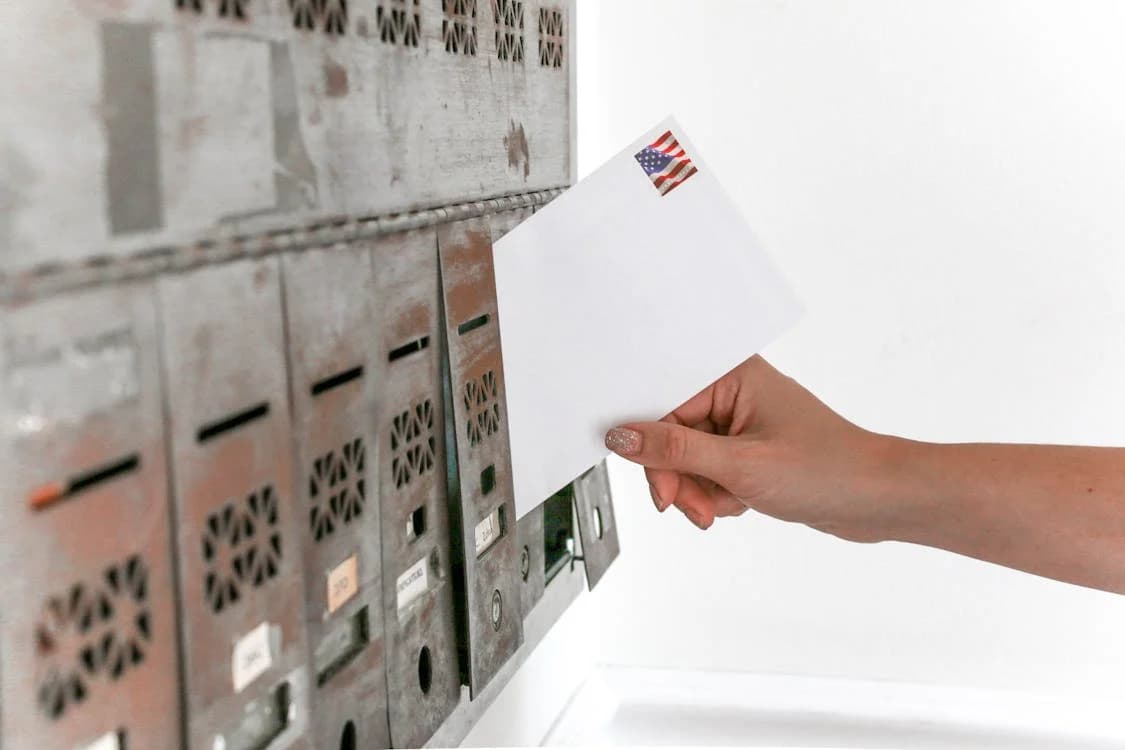Louisiana’s state elections are not just battles of ideas and promises; they are also contests of financial strength and advertising prowess.
Money plays a pivotal role in shaping the narrative of political campaigns, influencing voter perceptions, and ultimately, determining electoral outcomes.
In this article, we will look into the intricacies of campaign finance and political advertising in Louisiana, exploring the influence of money, PACs, special interest groups, and the strategies employed in political advertising.
The Role of Money in Louisiana’s State Elections
Campaign finance is a cornerstone of modern political campaigns, providing candidates with the financial resources needed to communicate their messages to voters.
In Louisiana, campaign finance laws regulate the fundraising and spending activities of political candidates and committees, aiming to ensure transparency and accountability in the electoral process.
Campaign finance reports, which are filed regularly by candidates and political committees, offer valuable insights into the financial landscape of Louisiana’s state elections.
These reports detail contributions received, expenditures made, and the overall financial health of each campaign, providing voters with a transparent view of where candidates’ money is coming from and how it is being spent.
Political Action Committees (PACs) and Special Interest Groups
Political Action Committees (PACs) and special interest groups play a significant role in Louisiana’s state elections, channelling large sums of money into campaigns to support or oppose specific candidates or issues.
PACs are organisations that raise and spend money to elect or defeat political candidates, often representing the interests of businesses, labour unions, or ideological groups.
In Louisiana, PACs are required to disclose their donors and expenditures, allowing voters to see which groups are backing each candidate and how much money they are contributing to the campaigns.
This transparency helps voters make informed decisions about the candidates and understand the potential influences shaping their political agendas.
Special interest groups, on the other hand, are organisations that advocate for specific policies or issues, often using campaign contributions to support candidates who align with their objectives.
These groups can exert considerable influence on Louisiana’s state elections by funding advertising campaigns, mobilising supporters, and shaping the public discourse around key issues.
Strategies in Political Advertising
Political advertising is a crucial component of Louisiana’s state elections, with candidates and political groups investing heavily in television, radio, print, and digital ads to reach voters.
The strategies employed in political advertising are designed to capture attention, convey messages effectively, and persuade voters to support a particular candidate or issue.
Negative advertising, often used to criticise opponents and highlight their perceived weaknesses or flaws, is a prevalent strategy in Louisiana’s political campaigns.
These attack ads aim to sway undecided voters and mobilise supporters by casting doubt on the credibility or competence of opposing candidates.
In contrast, positive advertising focuses on promoting a candidate’s strengths, qualifications, and policy proposals, aiming to build trust and inspire confidence among voters.
These ads often feature testimonials, endorsements, and personal stories to humanise candidates and connect with voters on an emotional level.
Impact of Media Campaigns on Voter Perceptions
The proliferation of media campaigns in Louisiana’s state elections has a profound impact on voter perceptions, shaping attitudes, beliefs, and opinions about candidates and issues.
The constant barrage of political ads, news coverage, and social media posts can influence how voters perceive candidates’ credibility, integrity, and suitability for office.
However, the effectiveness of political advertising can vary widely, with some voters tuning out or becoming sceptical of the messages conveyed by campaigns.
To cut through the noise and resonate with voters, candidates and political groups must craft compelling narratives, offer solutions to pressing issues, and build authentic connections with their target audiences.
Conclusion
Campaign finance and political advertising are integral components of Louisiana’s state elections, shaping the dynamics, strategies, and outcomes of political campaigns.
While money plays a pivotal role in funding campaigns and amplifying messages, PACs and special interest groups exert considerable influence by channelling resources and shaping the political discourse.
As voters navigate the complex landscape of Louisiana’s state elections, transparency, critical thinking, and informed decision-making are essential.
By scrutinising campaign finance reports, evaluating the credibility of political advertising, and considering the interests behind the messages, voters can make educated choices that align with their values and priorities.
In the end, the power of the vote remains in the hands of Louisiana’s residents, providing an opportunity to shape the future of the state and hold elected officials accountable for their actions and promises.
With an informed electorate, the democratic process can thrive, ensuring that Louisiana’s state elections reflect the will of the people and uphold the principles of fairness, transparency, and integrity.
